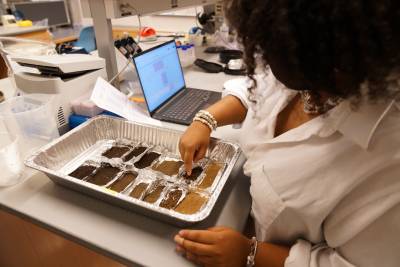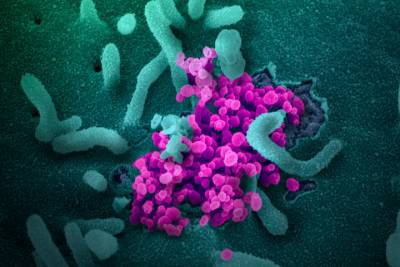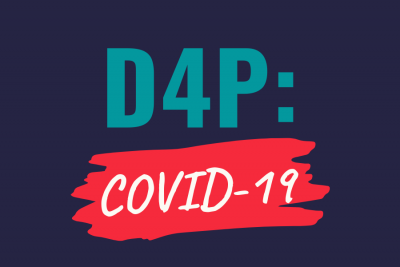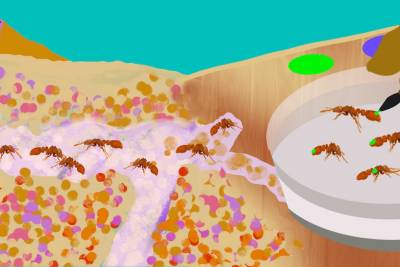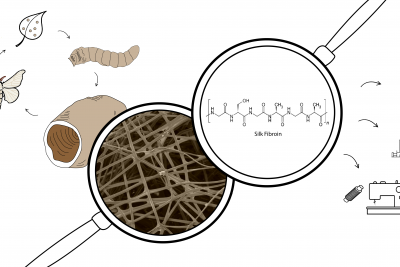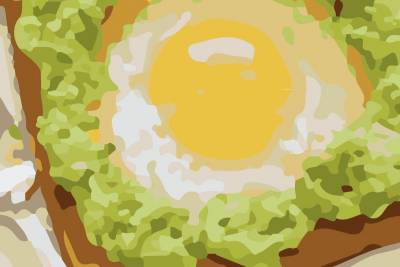On Making Mistakes (and Mutations!)
Escape the Cell is a great way to introduce conversations about making mistakes, it’s just that in this game, as in a cell, these are called mutations. Each “mistake” is a learning opportunity.
Here are several mutations that might make their way into your game:
- If a nucleotide is skipped, this produces a deletion
- If a nucleotide is duplicated or added in some other way, this produces an addition
- Additions and deletions are both examples of frameshift mutations because all codons after this position are shifted and thus will all produce different amino acids (or even a stop codon) and thus a different protein
- If a nucleotide is changed in one position and it does change the sequence, it is a point mutation
- If a nucleotide is changed in one position but it does NOT change the protein sequence, it is a silent mutation (also mentioned in On the Central Dogma)
See if you and your students can find and identify your mistakes. Celebrate these mistakes and what you’ve learned from them as they are a totally natural part of human life!
A subset of point mutations have become quite useful in recent years for their importance in DNA sequencing technology, including ancestry and forensic analysis. These are the single nucleotide polymorphisms, also known as SNPs, pronounced “snips.” SNPs are point mutations that exist in the germline (the DNA that is copied to each cell in your body and potentially passed on to your offspring). They are specifically at locations in the genome where two different nucleotides are present in the population frequently (aside: here, “frequently” is defined as over 1% of the population having the point mutation). By studying a set of SNPs together, scientists can predict the likelihood that two DNA samples came from the same or related individuals.The more SNPs that are analyzed, the more precise this prediction becomes. What likely arose as ”mistakes” have now contributed to the history and stories woven into our DNA.



